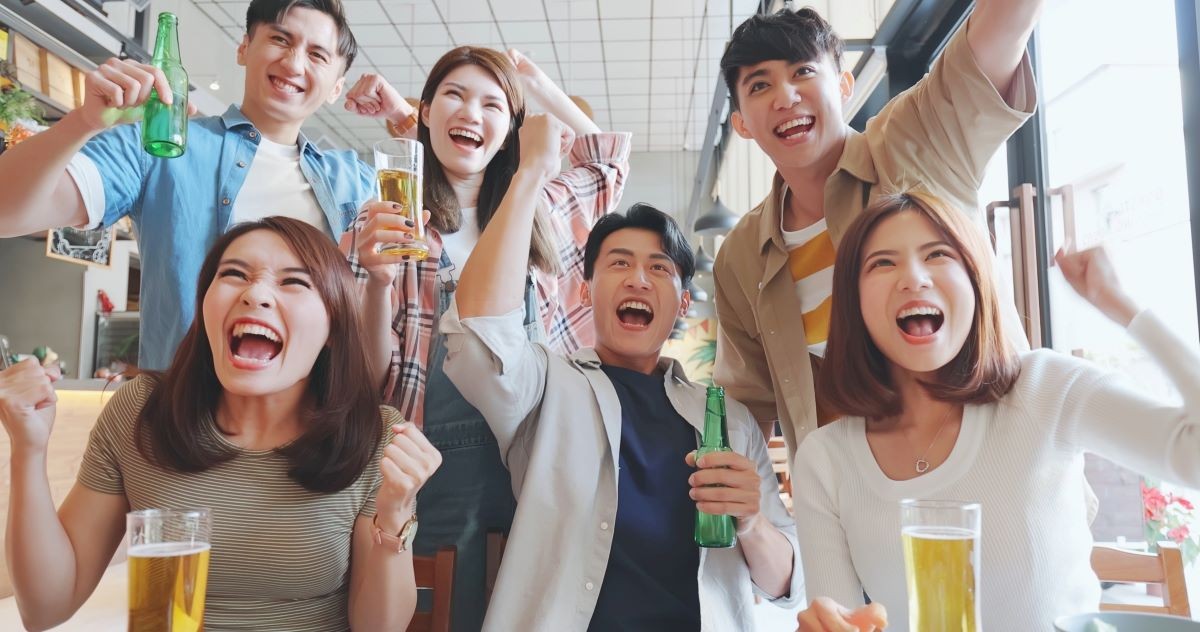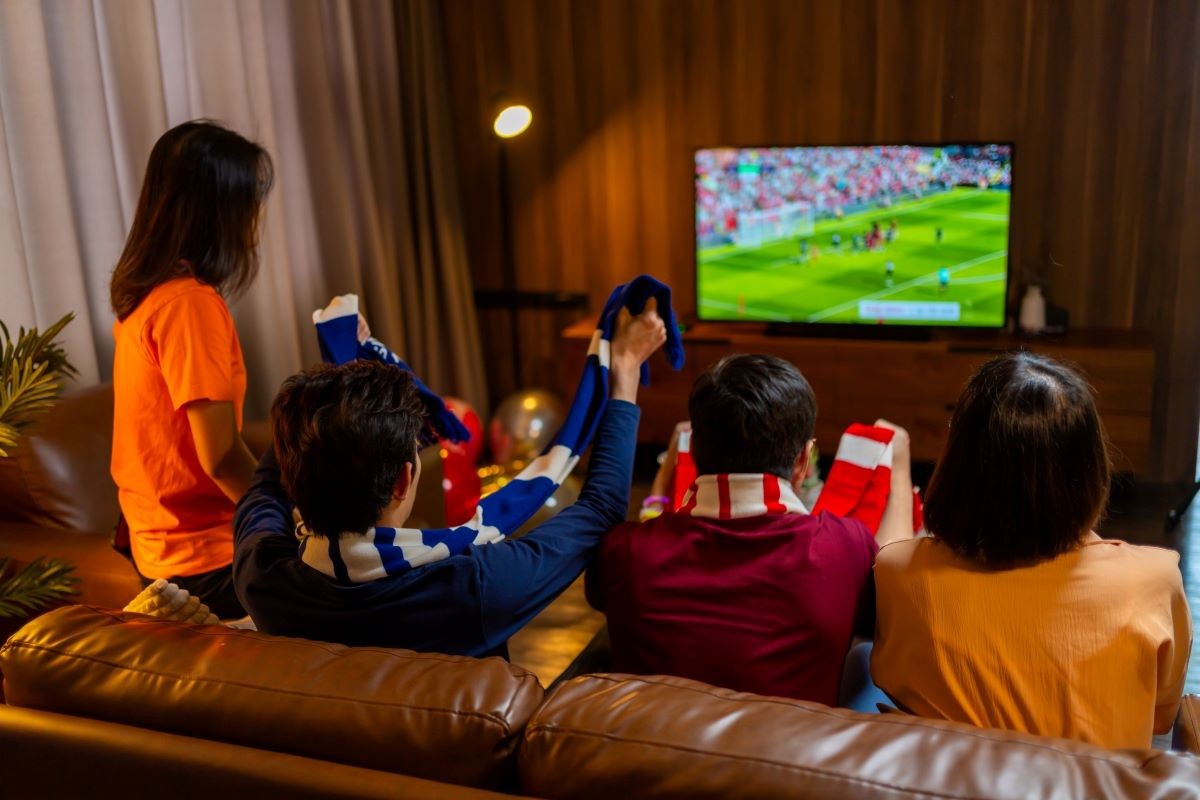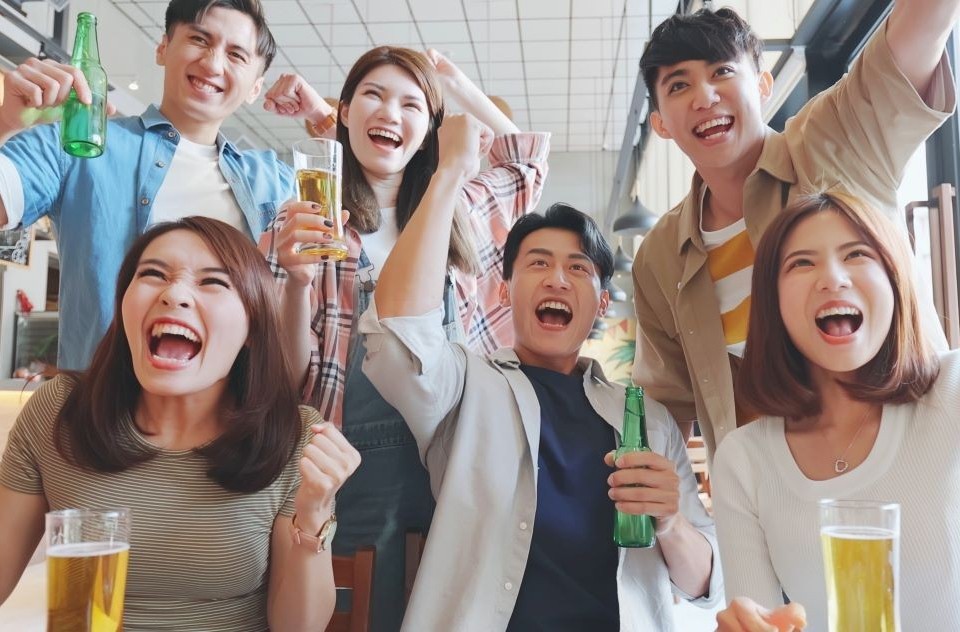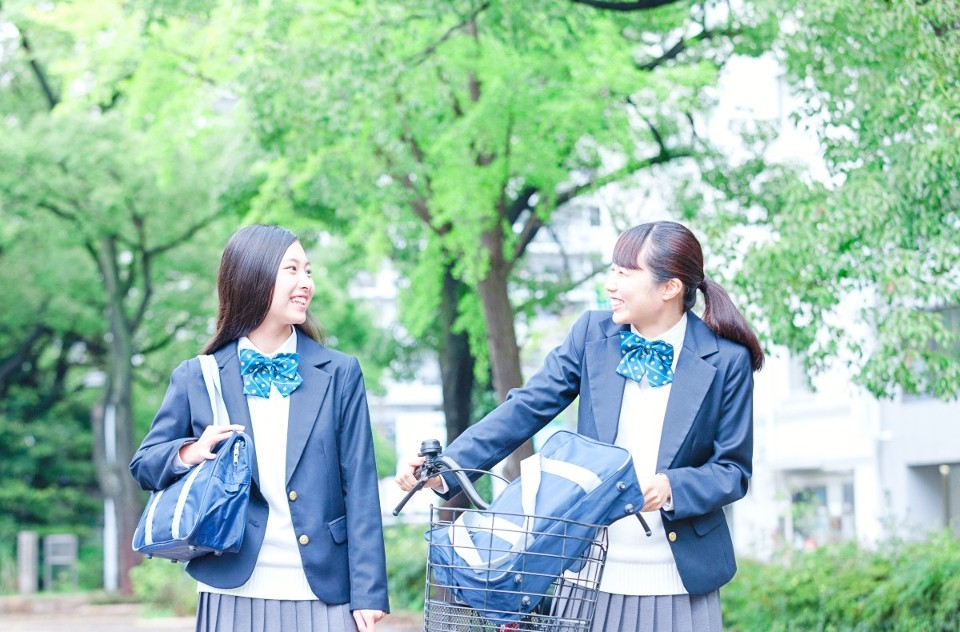
In Japan, the word "がんばれ (Ganbare)" is commonly used in various everyday situations. For example, it’s often heard when cheering on someone participating in a sports event or encouraging someone facing challenges or difficult times. This article explains the meaning and usage of "Ganbare," along with some tips, alternatives, and example conversations. Use this guide to improve your communication with Japanese speakers.
What Do "Ganbare" and "Ganbatte" Mean?

"Ganbare" is the imperative form of "頑張る(Ganbaru)," which means "to do one’s best" or "to persevere." It is frequently used to cheer on someone striving toward a dream or goal or to encourage those facing difficulties. However, while it is technically an imperative, "Ganbare" is rarely used in a commanding tone. Instead, it’s more often employed to express feelings of support.
There’s also a similar phrase, "がんばって(Ganbatte)," which has a softer tone. It’s often used when you want to show a more gentle and empathetic form of encouragement.
However, care should be taken when using "Ganbare" with someone who is already physically or mentally exhausted. In such cases, it’s better to choose alternative expressions that convey your support without adding pressure.
How to Use "Ganbare" and "Ganbatte"
1. Cheering on a Team or Individual During a Game

In Japan, "Ganbare" is frequently heard in sports settings. Whether at a local sports match or a major event, people cheer on their family members, friends, or teammates by loudly shouting "Ganbare!"
At international events such as the Olympics or the FIFA World Cup, people often support their national teams from home or sports bars, shouting "Ganbare! [Player’s Name]" or "Ganbare! Nippon" (Go, Japan!). For local matches, the phrase might include the name of the person, team, or school being supported, making it clear who the encouragement is directed toward.
2. Encouraging Someone Pursuing a Goal or Dream

"Ganbare" and "Ganbatte" are also used for people preparing for exams, training to become chefs, or pursuing other goals. In these cases, the tone is more subdued and empathetic than in sports scenarios. This approach helps lift their spirits without adding undue pressure. Additionally, "Ganbare" isn’t limited to special or lofty goals. It’s commonly used to support everyday efforts, such as completing homework or practicing the piano.
What’s the Difference Between "Ganbare" and "Ganbaru"?
While some people use "Ganbare" to encourage themselves during tough times, it is primarily directed toward others to cheer them on or offer encouragement. On the other hand, "Ganbaru" is more commonly used as a declaration of determination, often directed at others, to express one’s own resolve in facing challenges or pursuing goals.
How Is "Ganbare" Written in Hiragana?
"Ganbare" is written as "がんばれ" in hiragana. While it is frequently written in kanji, it is often displayed in hiragana on banners or placards used for cheering, as hiragana has a more casual and approachable feel. In personal messages, such as emails or chats with close friends, many people also opt for hiragana to convey a more relaxed tone.
How Is "Ganbare" Written in Kanji?
"Ganbare" is written as "頑張れ" in kanji. There is some debate over whether this writing is strictly correct, as opinions differ depending on dictionaries or official guidelines from local governments. As a result, people often choose between kanji and hiragana based on the impression they wish to convey. For example, kanji might be used to convey strength and determination, while hiragana can express gentleness or softness. If you’re unsure which to use, consider the feelings you want to convey and choose accordingly.
How to Respond to "Ganbare"

When someone says "Ganbare" to you, the typical response to a senior, elder, or someone in a position of authority is "Hai, ganbarimasu (はい、がんばります)" ("Yes, I’ll do my best") or a simple "Arigatou gozaimasu (ありがとうございます)" ("Thank you") to show gratitude for their support. In more tense situations, such as right before a match, a simple nod can effectively convey your determination.
If you’re feeling uncertain about your abilities or the outcome, you can respond with phrases like these:
| Japanese | Romaji | Meaning |
| やれるだけやってみる | Yareru dake yatte miru | Expressing a determination to do one's best. |
| もう頑張れない | Mou ganbare nai | Expressing the feeling of being unable to continue trying. |
| もう無理 | Mou muri | Expressing a sense of impossibility or being overwhelmed. |
Other Ways to Say "Ganbare"
"Ganbare" is a versatile expression used in various situations, and the phrasing can change depending on the context or the person you are speaking to. From polite to casual expressions, here are some alternative ways to say "Ganbare."
Words of Encouragement
| Japanese | Romaji | Meaning |
| がんばって | Ganbatte | A softer nuance compared to "Ganbare." |
| がんばってください | Ganbatte Kudasai | A more polite version of "Ganbare." |
| 応援してます | Ouen Shitemasu | Expressing support. |
| 応援してるよ | Ouen Shiteruyo | Casual expression of support. |
| 努力はうらぎらない | Doryoku wa Uragiranai | Encouraging someone with the idea that effort pays off. |
| きっと勝てる | Kitto Kateru | Instilling confidence that they can win. |
Words of Reassurance
| Japanese | Romaji | Meaning |
| くじけないで | Kujikenaide | Encouraging someone not to give up. |
| きっとうまくいく | Kitto Umakuiku | Expressing optimism that things will go well. |
| あなたなら大丈夫 | Anata nara Daijoubu | Reassuring someone that they’ll be fine. |
| お互いにがんばろう | Otagaini Ganbarou | Expressing a shared resolve to do one’s best together. |
Expressions Beyond "Ganbare"

While "Ganbare" is a common way to show support or encouragement, there are many other phrases, gestures, and actions to express the same sentiment.
フレーフレー/Fre Fre
A phrase commonly used by cheerleaders or cheering squads during sports events. Cheering squads shout powerfully and energetically, while cheerleaders use pom-poms in a rhythmic and lively manner.
がんばってるね/Ganbatteru ne
Used to compliment or acknowledge someone’s effort and hard work.
ニッポン!チャチャチャ/Nippon Cha Cha Cha
A catchphrase often chanted during international volleyball matches. Fans clap or hit two long balloons together in rhythm to cheer on the team.
成功をいのります/Seikouwo inori masu
A phrase used to wish success to someone working hard toward a dream or goal.
Dialects of "Ganbare"
While "Ganbare" is widely understood across Japan, there are various regional dialects with unique ways of expressing the same sentiment. Here are some notable examples:
- Hokkaido, Aomori, Iwate, Akita: けっぱれ/Keppare
- Shiga, Nara, Miyazaki: きばれ/Kibare
- Osaka: きばりや/Kibariya
- Kyoto: おきばりやす/Okibari yasu
- Hiroshima: がんばりんさい/Ganbarinsai
- Fukuoka: がんばらんね、がんばらんと/Ganbaranne,Ganbaranto
- Nagasaki: きばれ、がんばらんば/Kibare,Ganbaranba
- Okinawa: ちばりよー/Chibariyo
Example Conversations Using "Ganbare"
(1) Cheering on a friend before a game
A: がんばれよ/Ganbare yo
B: うん、ありがとう/Un, arigatou
A: 練習の成果をみせてくれ/Renshu no seika wo misetekure
B: うん、がんばるよ/Un, ganbaru yo
(2) A mother encouraging her son before an entrance exam
A: 試験、がんばってね/Shiken ganbatte ne
B: うん/Un
A: これまでの努力は裏切らないから、大丈夫/Koremadeno doryoku wa uragiranai kara daijoubu
B: うん、やれるだけやってみる/Un, yareru dake yatte miru
(3) Encouraging a friend leaving to study abroad to achieve their dream
A: 夢に向かってがんばれ/Yume ni mukatte ganbare
B: うん、がんばってくる/Un, ganbatte kuru
A: でも、無理はしないで/Demo, muri wa shinaide
B: うん、ありがとう/Un, arigatou




Comments